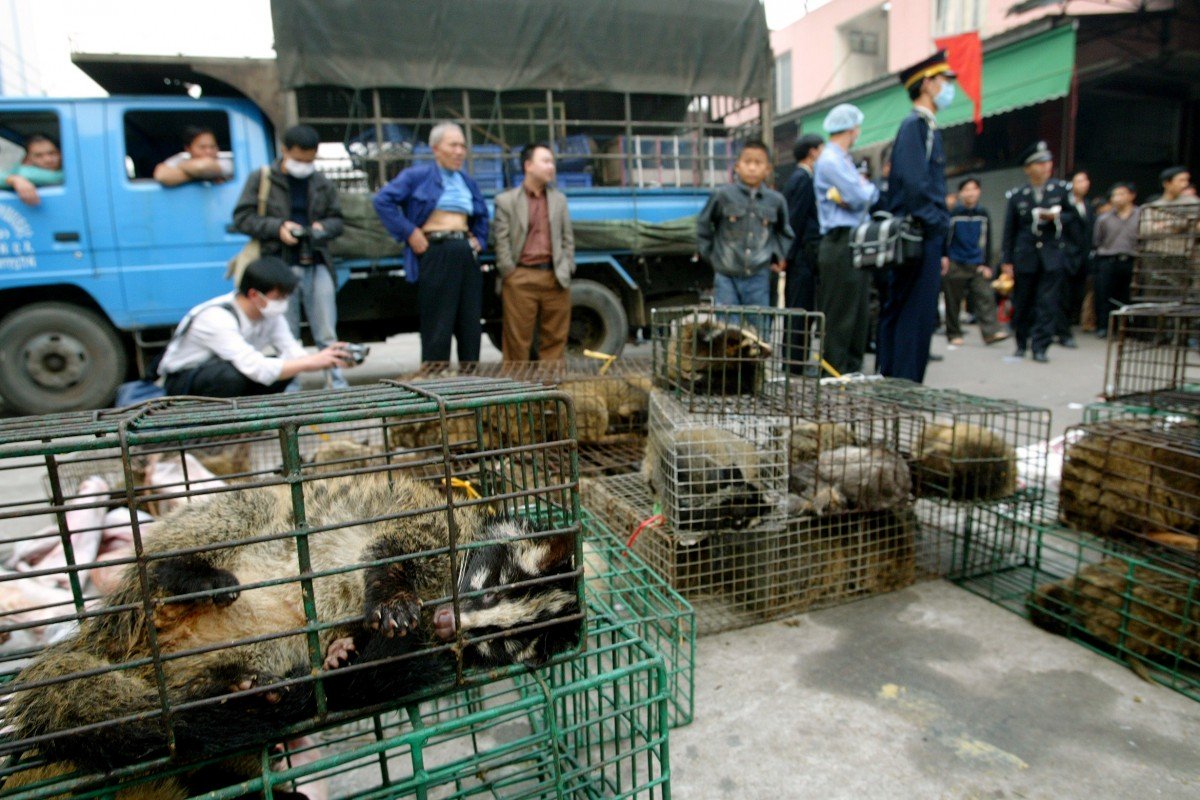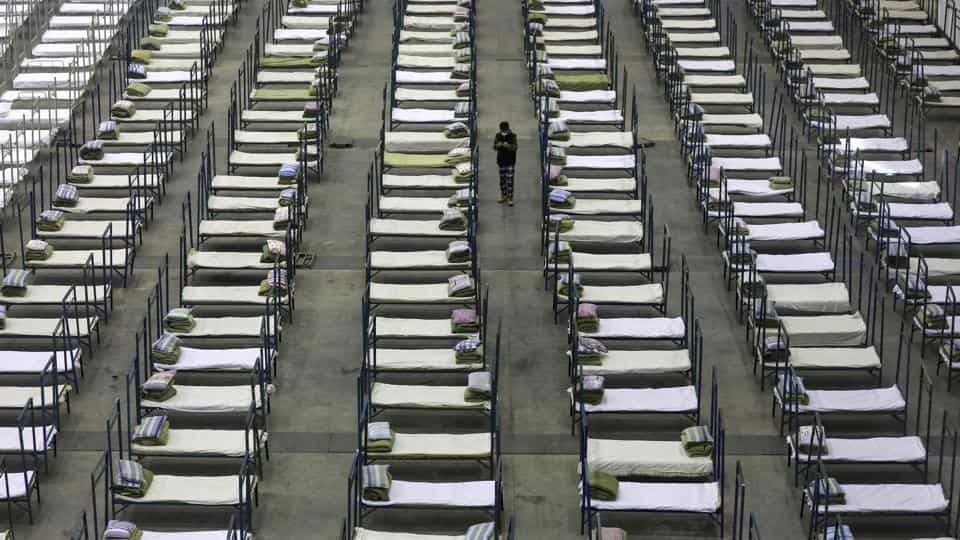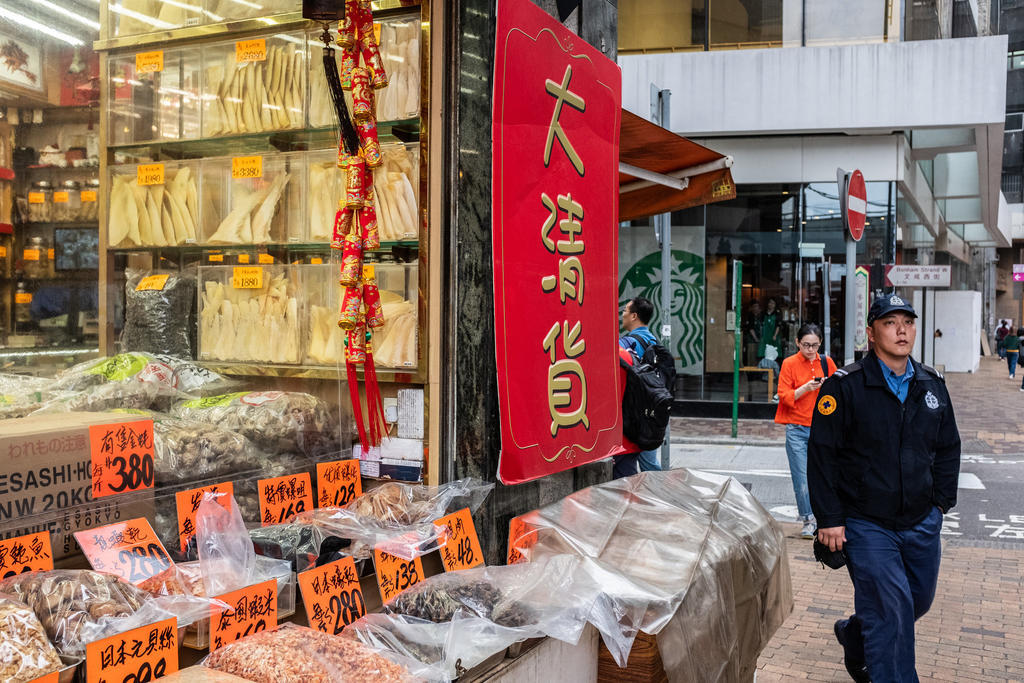China Finally Bans Trading And Consumption Of Exotic Wildlife Amidst COVID-19 Crisis
A legislative spokesman said the decision comes at a "critical moment for the epidemic prevention and control".
China has banned the buying, selling, and eating of wild animals after the practice was linked to the COVID-19 epidemic that has spread across the world
According to official state-run XinHua News, China's legislature has immediately prohibited the trading and consumption of wildlife on Monday, 24 February, to prevent future spread of zoonotic diseases jumping from animals to people.
Business Insider reported that the new coronavirus disease, which has killed almost 2,700 people in China alone, is suspected to have been transmitted to humans by pigs, civets, or pangolins sold at the Huanan Wholesale Market in Wuhan.
A legislative spokesman said the decision to ban China's wildlife farming industry, valued at USD74 billion (RM312 billion), was both urgent and necessary
"There has been a growing concern among people over the consumption of wild animals and the hidden dangers it brings to public health security since the novel coronavirus disease outbreak," said Zhang Tiewei of China's Legislative Affairs Commission, in an interview with Reuters.
Zhang added that the decision came at a "critical moment for the epidemic prevention and control".
A worker walks among beds in a convention centre that has been converted into a temporary hospital in Wuhan, Hubei, on 4 February.
Image via AP/South China Morning PostThe fast-tracked decision stipulates that the illegal consumption and trade of wildlife will be "severely punished"
According to The Star, much of China's wildlife trade was already illegal. However, the practice persisted due to loopholes in the country's Wildlife Protection Law, inconsistencies with the exact species banned, and that enforcement was lax and episodic.
After the rapid outbreak of COVID-19 across the country, China ordered a temporary ban of trading and transportation of wild animals in markets, restaurants, and online marketplaces, but only until the coronavirus epidemic ends.
The ban announced this week is permanent.
A seller is seen wearing a face mask at a market in Wuhan on 24 January.
Image via AFP/The Straits Times"It's a big step in wildlife protection," said a member of an enrivornment protection group
"Finally there is a complete ban on eating and the trade in wild animals," said Zhou Haixiang of the Chinese National Committee for Man and Biosphere, as quoted by South China Morning Post.
"The current law only protects limited species of wildlife, but the ban forbids eating in a general sense, not only animals living in the wild, but also the ones in the breeding industry," Zhou explained.
XinHua News reported that the use of wild animals for non-edible purposes, including scientific research and medical use, shall also be subject to strict examination and approval.
A man walks past a shop in China that peddles traditional cures.
Image via The New York Times/Today Online


